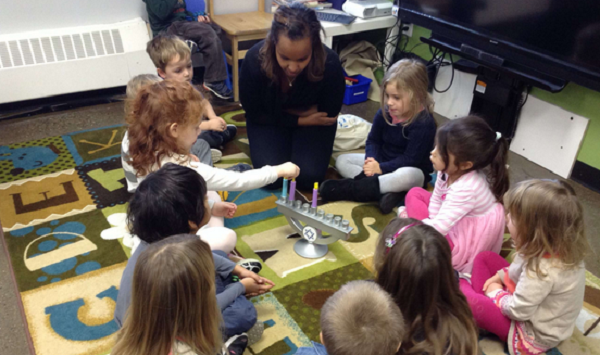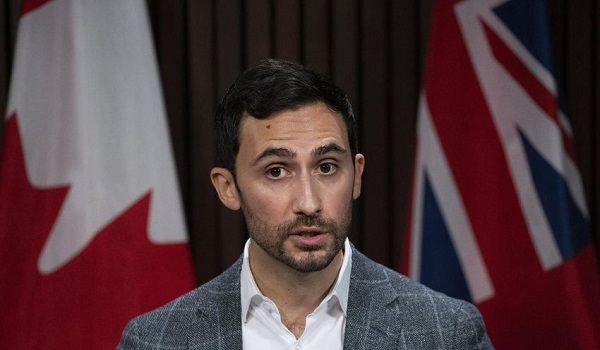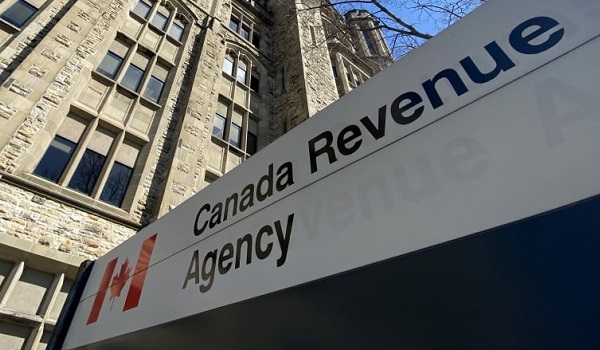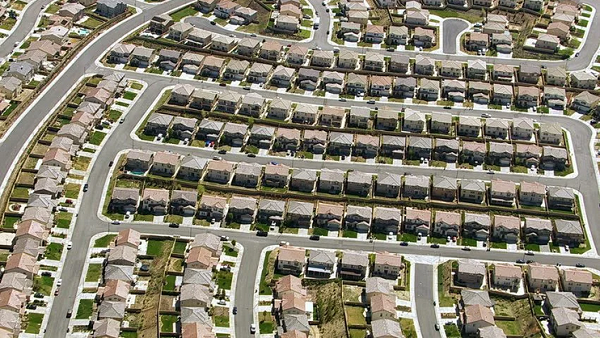Trudeau government to spend over $1-billion in low-cost loans for child care expansion in upcoming budget
The federal government is launching a child care expansion program that will offer $1-billion in low-cost loans plus an additional $60-million in non-repayable grants for public and non-profit providers to create new spaces, which advocates say is urgently needed to meet high demand.
Prime Minister Justin Trudeau on Thursday announced the loan program at a recreation centre in Surrey, B.C., as part of new measures in the coming federal budget that he says will benefit young mothers, particularly millennials.
“You’ve grown up with so many pressures in this economy: the 2008 recession, COVID, climate change. You’re a huge part of the economy. And we want to make sure that everyone, especially moms raising kids, has the best chance to succeed and thrive,” he said.
The federal Canada-Wide Early Learning and Child Care agreement, a $30-billion, five-year plan to reduce the average cost of child care for children six and under to $10 a day by 2026, was announced in April, 2021. All territories and provinces signed on to the deal, with Ontario being the last to do so in March, 2022.


So far, fees have been cut by at least 50 per cent across the country. But while reducing fees has always been the centrepiece of the program, the goal of creating 250,000 new spaces under the plan is not progressing fast enough for the many frustrated parents who want affordable child care but can’t access it, advocates say.
“The federal government’s early learning and child care program is enormously popular, and tens of thousands of parents are on wait lists to join,” said Morna Ballantyne, executive director of Child Care Now, a national advocacy organization, in an e-mail.
Last year, 26 per cent of parents of children aged zero to five not in child care were on a waitlist, up from 19 per cent in 2022, the first year the data was collected, according to Statistics Canada.
Meanwhile, 49 per cent of parents using child care last year reported difficulty finding it, compared with 36 per cent in 2019.
The loan program will help spur the creation of new spaces for non-profit operators, many of whom are eager to expand but frequently experience difficulty accessing funds, Ms. Ballantyne said.
“We know that a number of not-for-profit providers who are ready to build are having trouble getting access to financing because the provincial capital programs are just not sufficient to be able to provide the support or the capital that’s needed. And private lending institutions are reluctant to provide not-for-profit operators with loans.”
Thursday’s announcement also included $48-million over four years for student loan forgiveness for early childhood educators who work in rural and remote communities, as well as $10-million over two years to train more ECEs.
The need to address work force issues goes hand in hand with the expansion of spaces, since it won’t matter how many new spaces are created if there is no one to work in them, says Martha Friendly, executive director of the Childcare Resource and Research Unit, a non-profit policy research institute based in Toronto.
“You can’t do all the expansion at the same time. We don’t have the work force,” she said.
But over all, Ms. Friendly said the latest announcement is a step in the right direction: “Everybody has recognized that we really have to deal with expansion.”
This article was first reported by The Globe and Mail













